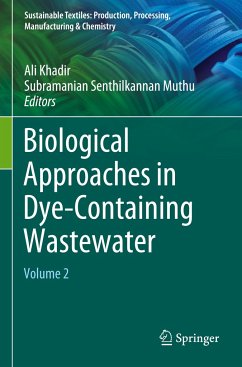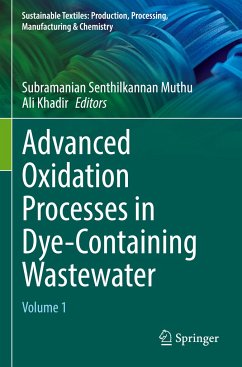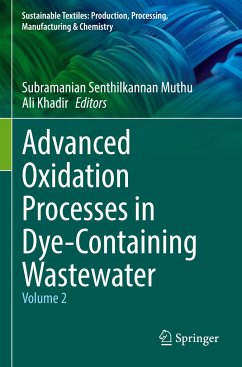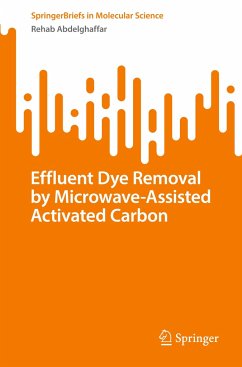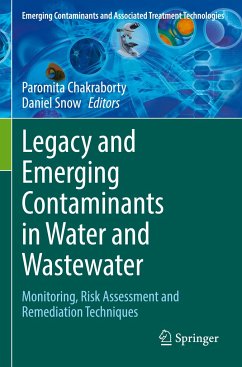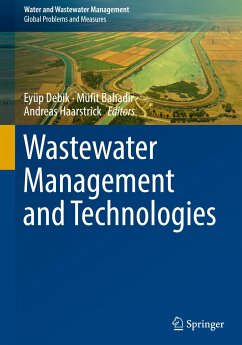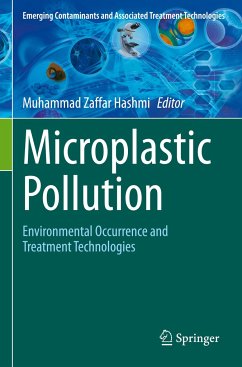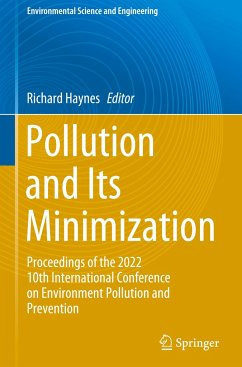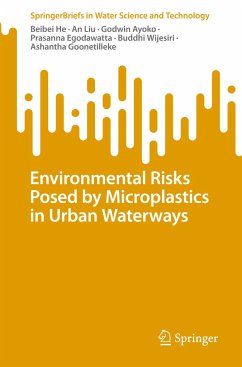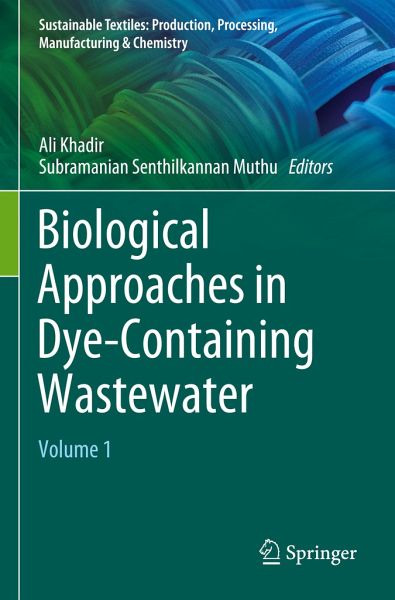
Biological Approaches in Dye-Containing Wastewater
Volume 1
Herausgegeben: Khadir, Ali; Muthu, Subramanian Senthilkannan
Versandkostenfrei!
Versandfertig in 6-10 Tagen
76,99 €
inkl. MwSt.

PAYBACK Punkte
38 °P sammeln!
The textile industry segment has been continuously expanding and it is reported that the global market was US$1000 billion in 2020. Aside from the fact that textile industry could be profitable and offers several advantages for human life, this industry produces wastewater containing many harmful substances in the form of organic and inorganic moieties. Textile wastewater can lead to serious environmental problems if discharged without treatment. In this first volume of the application of biological mechanisms, processes and units are reviewed in terms of dye degradation and removal. The role ...
The textile industry segment has been continuously expanding and it is reported that the global market was US$1000 billion in 2020. Aside from the fact that textile industry could be profitable and offers several advantages for human life, this industry produces wastewater containing many harmful substances in the form of organic and inorganic moieties. Textile wastewater can lead to serious environmental problems if discharged without treatment. In this first volume of the application of biological mechanisms, processes and units are reviewed in terms of dye degradation and removal. The role of biodegradation, bioaccumulation and biosorption in bio-decolorization are discussed. The book starts with highlighting the fundamentals of aerobic and anaerobic mechanisms having different configurations. The moving bed bioreactor (MBBR), up-flow anaerobic sludge blanket reactors, sequential aerobic/anaerobic batch reactors, membrane bioreactor, etc are also covered in this edition.





